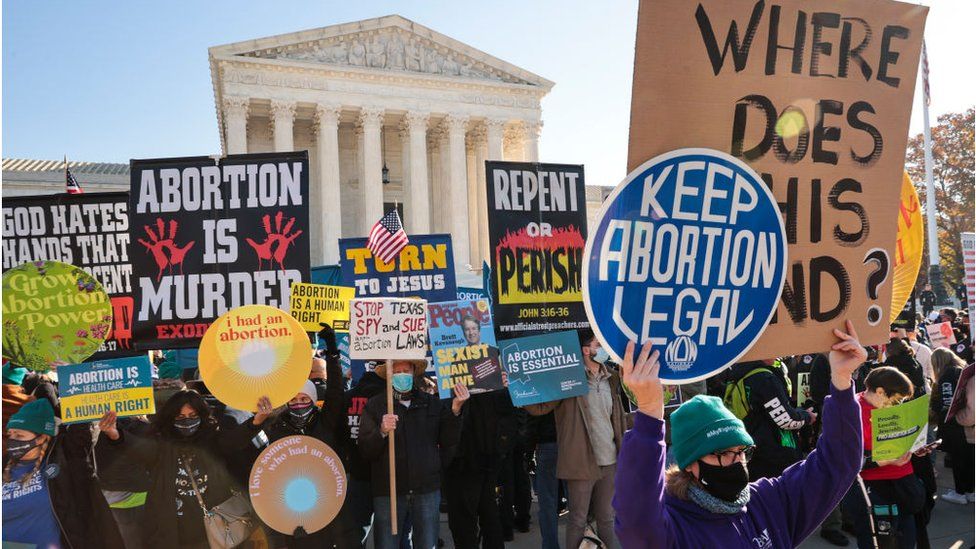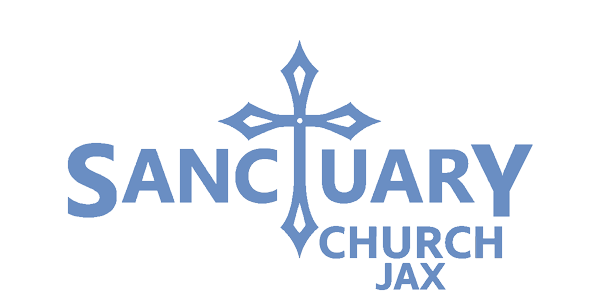What Does the Bible Say About Abortion?
Abortion is a controversial and emotionally charged topic that has been debated for centuries. As a central moral issue for many people, it is important to understand what the Bible says about abortion in order to form a well-rounded perspective on this sensitive subject.
In this blog post, we will explore the following key questions: When does human life begin? Will God forgive someone who has had an a miscarriage or abortion? We will also discuss the idea that God is the Giver of Life and the consequences of abortion and ending the life of an unborn child.
When Does Human Life Begin?
The Bible does not explicitly mention the word “abortion,” but it does offer guidance on the sanctity of human life and when life begins. According to the Bible, life starts at conception. The following verses of scripture support this belief:
Psalm 139:13-16: “For you created my inmost being; you knit me together in my mother’s womb. I praise you because I am fearfully and wonderfully made; your works are wonderful, I know that full well. My frame was not hidden from you when I was made in the secret place, when I was woven together in the depths of the earth. Your eyes saw my unformed body; all the days ordained for me were written in your book before one of them came to be.”
Jeremiah 1:5: “Before I formed you in the womb I knew you, before you were born I set you apart; I appointed you as a prophet to the nations.”
These verses indicate that God is intimately involved in the formation of a person from the moment of conception. They also suggest that life is a gift from God and is to be treated with respect and reverence.

Will God Forgive Someone Who Has Had An Abortion?
Although the Bible teaches that life begins at conception and that taking innocent life is a grave sin, it also emphasizes the importance of forgiveness and redemption. Throughout the Scriptures, we see numerous examples of individuals who have committed serious offenses but were forgiven and restored by God when they repented and turned to Him.
The following passages illustrate God’s desire to forgive and heal:
Psalm 103:12: “As far as the east is from the west, so far has he removed our transgressions from us.”
1 John 1:9: “If we confess our sins, he is faithful and just and will forgive us our sins and purify us from all unrighteousness.”
This means that if someone has had an abortion and genuinely seeks forgiveness from God, they can find mercy, healing, and restoration. The Bible teaches that there is no sin too great for God’s grace and love to cover when we turn to Him with a repentant heart.
God Is The Giver Of Life
One of the central themes in the Bible is that God is the source and sustainer of all life. The Scriptures teach that He has sovereignty over life and death and that He is intimately involved in the formation of each individual. Consider these passages:
Genesis 2:7: “Then the Lord God formed a man from the dust of the ground and breathed into his nostrils the breath of life, and the man became a living being.”
Acts 17:25: “And he is not served by human hands, as if he needed anything. Rather, he himself gives everyone life and breath and everything else.”
By acknowledging that God is the Giver of Life, we are recognizing the sanctity and value of every human being.
This belief underscores the importance of protecting and honoring the lives of the unborn, as they are created in God’s image and have a unique purpose in His plan.
There Are Consequences For Abortion And Ending The Life Of An Unborn Child
While forgiveness and redemption are possible for those who have had an abortion, the Bible also teaches that there are consequences for taking innocent life. These consequences can be spiritual, emotional, and relational, impacting both the individual and society as a whole.
Exodus 20:13: “You shall not murder.”
Deuteronomy 27:25: “Cursed is anyone who accepts a bribe to kill an innocent person. Then all the people shall say, ‘Amen!’”
These passages demonstrate that ending the life of a fetus or an unborn child is considered a grave sin with serious consequences. However, it is important to remember that God’s mercy and grace are available to those who genuinely repent and seek forgiveness.
Spiritual Consequences
Emotional Consequences
Relational Consequences
Societal Consequences
All Children Are Planned By God
The Bible teaches that all children, regardless of the circumstances surrounding their conception, are planned and intended by God. Every child is a unique creation, knit together in their mother’s womb with a specific purpose and destiny. The following verses demonstrate this idea:
Isaiah 44:24: “This is what the Lord says—your Redeemer, who formed you in the womb: I am the Lord, the Maker of all things, who stretches out the heavens, who spreads out the earth by myself.”
Ephesians 2:10: “For we are God’s handiwork, created in Christ Jesus to do good works, which God prepared in advance for us to do.”
These passages emphasize that God is intimately involved in the creation of each individual and that He has a plan for every life. This belief in the divine intentionality behind every life underscores the importance of protecting and valuing all children, including those who are still in the womb.
Recognizing that all children are planned by God, it becomes essential for us to embrace and support the lives of the unborn. This belief calls us to advocate for the rights of the unborn and to offer compassion and assistance to pregnant women facing difficult circumstances. By doing so, we are aligning ourselves with God’s plan and purpose for every life, upholding the sanctity and value of each individual created in His image.

Conclusion
The Bible provides clear guidance on the sanctity of human life and the value of each individual, teaching that life begins at conception and that God is intimately involved in the formation of every person.
While there are consequences for participating in abortion, the Scriptures also emphasize the importance of forgiveness and redemption for those who genuinely repent and seek restoration.
As we consider what the Bible says about abortion, it is crucial to remember that God is the Giver of Life and that every human being is created in His image with a unique purpose.
By upholding the law of the sanctity of life and promoting a culture that cherishes and protects the unborn, we can honor God and work towards a more just and compassionate society.
